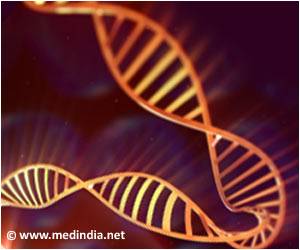A team of scientists have found that a drug originally designed for killing a limited type of cancer cells with DNA repair defects could potentially be used to treat leukaemia and other cancers.

The new study suggests that treatment with poly (ADP-ribose) polymerase (PARP) inhibitors, together with standard chemotherapy drugs, could be more effective in combating leukaemia. In the same study, researchers found that the inactivation of RUNX genes causes DNA repair defects and promotes the development of leukaemia and other cancers. The study was first published online in the leading journal Cell Reports last month.
Unlike other cancers which are more commonly seen in the elderly, leukaemia is notorious for its high prevalence among young people. There has been little advancement in the treatment of leukaemia. Chemotherapy with or without hematopoietic stem cell transplantation remains the current standard of care, resulting in a cure rate of around 50 per cent. The RUNX family genes are among the most frequently inactivated genes in leukaemia and other cancers. According to previous studies, RUNX1 is one of the most frequently mutated genes in leukaemia and RUNX3 is associated with the development of the disease.
Source-Eurekalert
 MEDINDIA
MEDINDIA




 Email
Email










